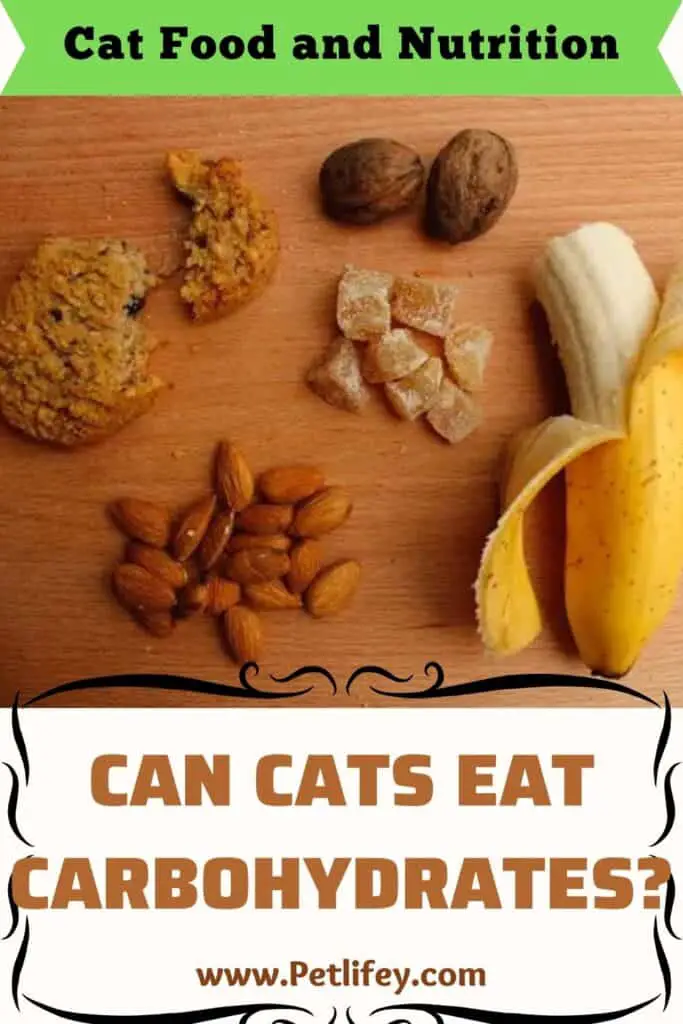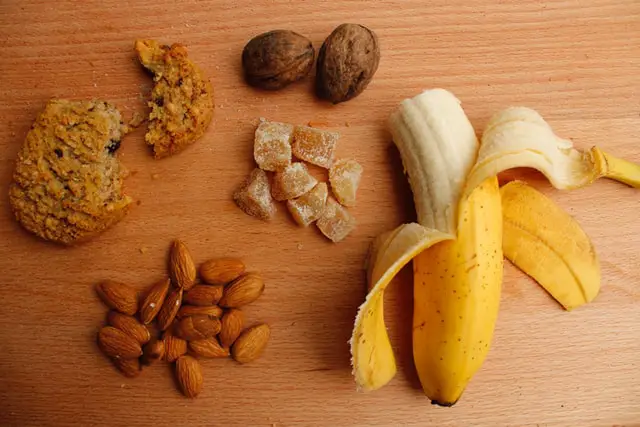
Would you like to give your cat food such as pasta, but don’t know if the cat can eat carbohydrates? Here’s what the experts say!
Sharing a meal with your pet is always a pleasant time. In truth, however, the opportunities are not so many. As you know, our little dogs have very different dietary needs from ours, which is very important to know. For example, do you know if the cat can eat carbohydrates? Here’s what to know about it!
The nature and food needs of the cat
Let’s start with an assumption: our little domestic cat is a hunter, and it’s a carnivore. Suffice it to say that 90% of his diet is (and must) be made up of meat. In the remaining 10% there are other foods, such as fish, cereals, and even eggs.
Also wanting fruit, as long as it is fruit not forbidden to the cat, and as long as it is very limited (it being understood that it is still a human addition; the feline does not eat fruit in nature). In short, no to omnivorous or vegan diets for our cat: it is not what it needs.
Do cats need carbohydrates?
The answer is no: cats don’t need carbohydrates. Being an essentially carnivorous animal, it is not made to eat foods that contain it, except sporadically. As we know, carbohydrates, which are so important for our diet, are the main source of energy for our body.
In the cat’s diet, on the other hand, this function is performed exclusively by proteins, which on average must cover at least 25% of its daily dietary requirement: an amino acid such as taurine is essential for the cat; a lack of this substance would cause serious health problems, even irreversible ones.
Can cats eat carbohydrates?
The answer is yes, but the appropriate clarifications must be made. The amount of carbohydrates administered to the cat must still be negligible, so as not to change any balance within its body. Among the various sources of carbohydrates, rice is to be preferred, as long as it is very cooked.
Bread is fine too, as long as it is stale and to a very small extent. In general, carbohydrates from foods that are well cooked are good, this to facilitate the digestion of the animal; in any case it is good to never alter the general picture of the cat’s diet.
When carbohydrates are needed

It being understood that carbohydrates are not part of the natural diet of the cat, and that the latter does not need them, in some cases it could be recommended to take them, as long as they are in limited quantities. This in the hypothesis in which the feline suffers from certain pathologies.
In particular we are talking about diseases that involve a lack of sugars: in this case the body, to make up for it, would resort to proteins, which however are the main and only source of energy for the cat. At that point, however, a protein deficiency would be triggered, with damage to the joint structures of the animal.
Obviously never a do-it-yourself diagnosis: it is always necessary to contact your trusted veterinarian, both for the diagnosis of the disease, and for the possible intake of carbohydrates, and for what concerns the quantity and food to be consumed.
So, be careful to take personal initiatives when we are in the kitchen with the cat; there are some foods that we can share with our cat, many others not.






